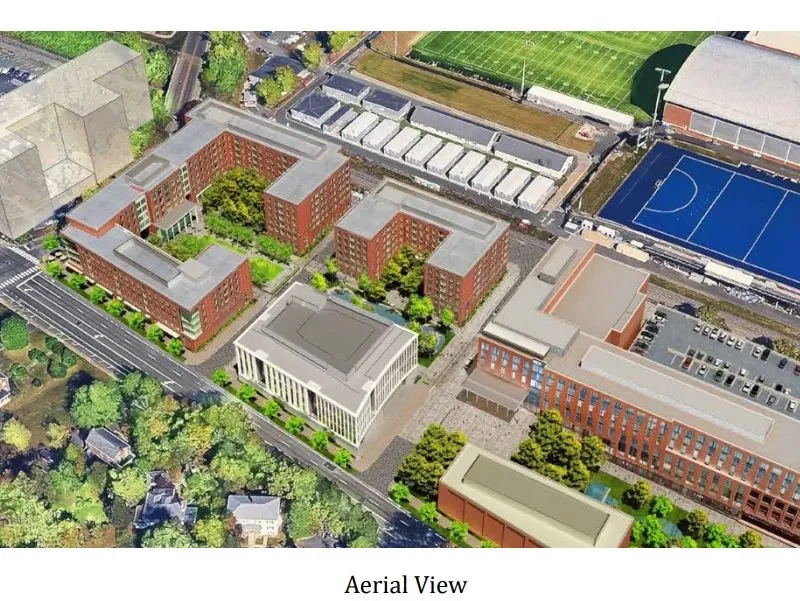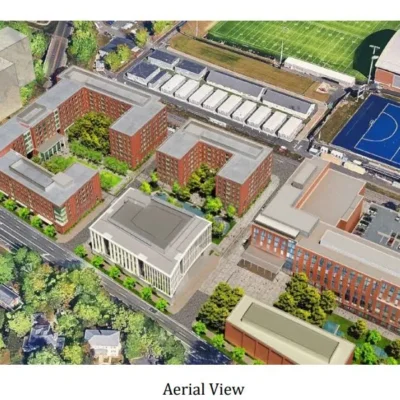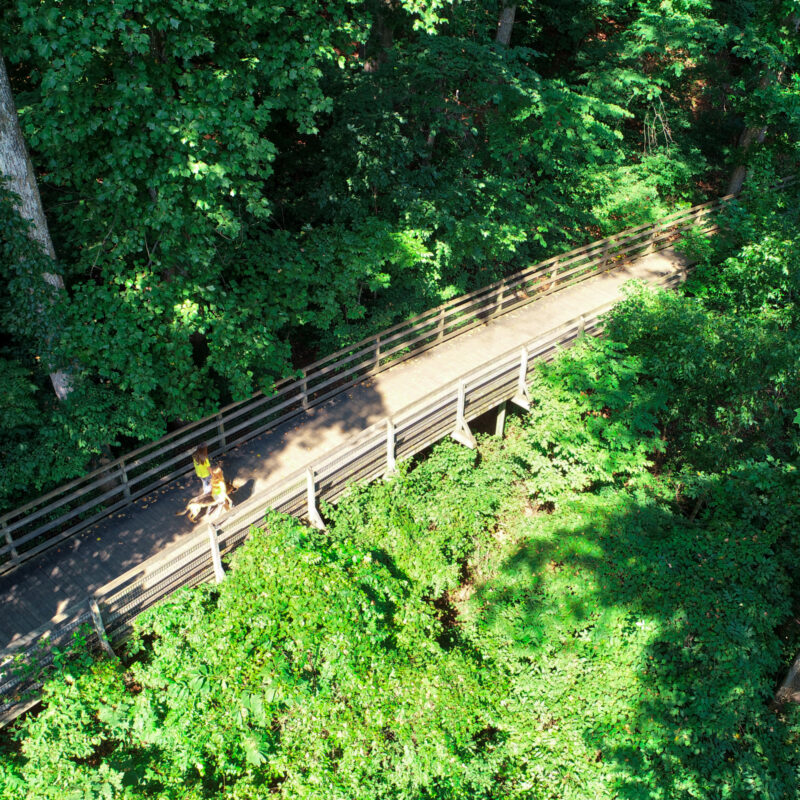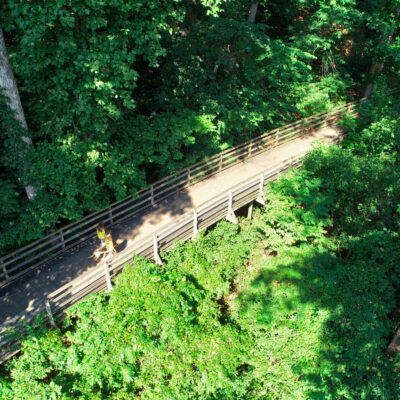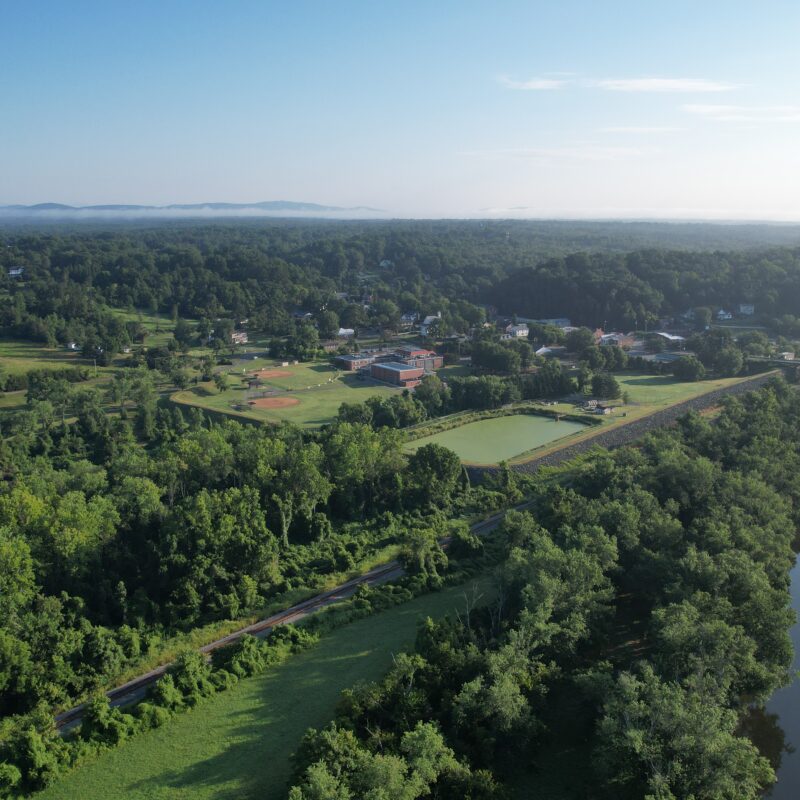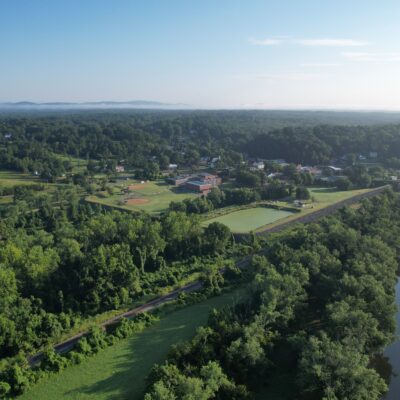By Celeste M. Smucker –
If you want a home with privacy, a place for horses, crops or cattle, or you yearn to live in an historic estate, there couldn’t be a better time to buy a rural property than right now.
Agents are seeing definite signs of recovery in this market that, at the moment, still favors buyers. Combine that with a continuing strong stocks and shares ISA market and historically low interest rates, and you could negotiate a deal that beats anything that might have been possible before the recession.
Of course when you move to the country you will also enjoy beautiful scenery, rolling hills, privacy and peace and quiet unlike any available in town. And there is much more.
Murdoch Matheson with Frank Hardy Sotheby’s International Realty has lived in rural Virginia all of his life and can’t say enough about the beauty of our area, the “great pace of life,” and the convenient east coast location.
This combination of features “makes it top tier in the US and the world, and we are all lucky to be here and enjoy it,” he says.
Farms and Estates Market
Agents are cautiously optimistic about the market for all varieties of rural properties from raw land to farms and both contemporary and historic estates. And these properties may be especially attractive to those relocating from high priced markets like Northern Virginia or the Northeast, thanks to our much lower land prices, property taxes and heating bills.
Justin Wiley with Wiley Real Estate described the rural property market in Orange County as “improved.” Though it still lags behind options closer to Charlottesville, it is more active than it has been.
He explained that most of the interest is in the under $1 million price point, with increasing numbers of sales closer to Charlottesville. While the over $1 million market is less active, he is seeing “signs of improvement.”
Ann Hay Hardy with Frank Hardy Sotheby’s International Realty said she is very encouraged about the farms and estates market where she is seeing some “really good activity.” Of special note, she said, is increased sales of higher end properties—those with over 100 acres and more than a $3 million price tag.
The farms and estates market is “waking up,” said Jane Fogelman with Roy Wheeler Realty Co. She is happy about an increase in activity in large acreage properties—ones with 500 or more acres.
She cited as an example the recent sale of Guthrie Hall, a $4 million plus estate in Esmont, near Scottsville.
Matheson is hopeful about the farms and estates market stating that there have been some big sales lately. Another good sign is that the demand for large properties often lags behind the equity market that continues to be strong.
“It’s a great time for buyers to move up to a farm or estate,” Matheson explained. Buyers can take advantage of a hot residential market and make a nice profit when they sell their existing home. Then they can reinvest their profits in a farm or estate at a time when that market is still recovering. Definitely a win-win.
What Buyers Want
“Proximity to town is huge,” Matheson said. There are some “great pieces of land” that are more than 20 minutes from town and buyers often lament they would purchase one of them if only they were ten minutes closer.
John Ince with Nest Realty Group agrees describing properties within 20 minutes of town as “golden.” He adds that “buyers looking for country properties tend to be more focused on being close to town than in years past.”
However, “improvement in the real estate market over the past three years has impacted Charlottesville and Albemarle dramatically resulting in a very low inventory of available homes [and has] put more pressure on neighboring counties like Orange and Greene, especially those areas within 30 minutes of Charlottesville,” Ince explained.
Wiley believes the market for unencumbered land has “started to get better,” agreeing with the other agents that a big factor determining land’s popularity is its proximity to Charlottesville. He added that as inflation kicks in, as it is sure to do, “land will become a strong commodity for investment.”
Uniqueness is a big part of what many farms and estates buyers are looking for, Matheson said. This is a great thing when buyers find what they want at their price. On the other hand this can mean there may be only a very few properties that meet their needs and it may take awhile to find them the right home.
Rural Property Buyers
Out of town buyers, especially those from more congested areas like New York, love the space their money will buy here, Hay Hardy said. They love that their kids (previously confined to the small yards associated with city living) can run around in the woods. At the same time, the whole family can enjoy the cultural amenities of Charlottesville.
Wiley described calls he gets from buyers wanting to move here from other parts of the country.
A desire to leave behind the congestion and harsh winters of the northeast are often given as good reasons to move to Virginia. Other big draws are the scenery and the desire to enjoy the benefits of country living free of development.
Matheson noted that many of his buyers are still working and often they purchase a farm or estate as a secondary residence. They may be individuals who travel a lot and look forward to enjoying the opportunity to relax in a beautiful and very private setting when they are able to make time to be here.
When you buy a large property, you need to be willing and able to look after the upkeep, Fogelman said. For this reason, she believes that a preference for rural living is in part “generational,” as, in her experience, younger buyers are less interested in these kinds of responsibilities. Without the background or knowledge for what is required they are often forced to hire someone to help them.
There are exceptions. She recently worked with a young couple with little children who purchased a property with several hundred acres near Scottsville.
Farms and estates buyers come for a way of life, Fogelman said. Often they are attracted to what they may describe as an appealing lifestyle, not realizing that much of the land they see has been owned, loved and cared for by local families for generations.
And it is the continuing labor of these families that creates a rural landscape others can enjoy whether they become landowners, or just revel in the scenery as they drive through the area.
Farms Versus Estates
While frequently lumped together, farms and estates are really two separate markets attracting different buyers.
Farms can include properties with as few as five acres, and, while raising horses may require a little more land, it can be done with a property as small as 10 to 20 acres, said Donna Patton with Keller Williams Alliance.
Raising cattle is another reason people buy farms, Wiley said, citing a recent sale to a farmer who wanted to expand his holdings. For others, owning and raising cattle may be “a life-long dream,” that becomes a hobby in retirement.
Unlike farms, estates are properties that have larger homes and/or acreage that can be either contemporary or historic.
Our recent year end market report suggests that resale properties in the over $500 thousand price range, may be a good place for estate buyers to start their search. While nearly 100 more homes in this price range sold in 2017 compared to 2016, “almost 50 percent of them were new construction,” said Michael Guthrie, CEO of Roy Wheeler Realty, Inc.
Buyers in this price range who prefer a contemporary home may prefer to custom build on their own land and to their exact specs while taking advantage of the most current green building practices and functional, up-to-date floor plans.
All of this means existing estate properties can offer a good deal for buyers who want a more contemporary home but don’t want to take the time and trouble to build a new one.
On the other hand, for other buyers, living in an historic estate is a big part of why they are in the market, Wiley said. He explained that these people like the features of older homes such as established trees, traditional wood work, or heart of pine floors. And sometimes what is attractive is living in a home where an historic event happened.
The Gift of Conservation Easements
Large farms and estates lend themselves to conservation easements, legally binding agreements that continue at the sale or inheritance of the property. Their purpose is to conserve the land and protect resources such as migration routes or sources of water.
“Virginia’s Piedmont often attracts aspiring land owners who have conservation and land stewardship in mind,” Ince said. “Conservation Easements (that restrict, by right, development) are a well used tool to preserve undeveloped land while providing incentives to land owners at tax time.” He added that the easements are a wonderful gift property owners can give to the public.
Fogelman, who is native to Albemarle County, believes conservation easements are “incredibly important, [because they] preserve the physical look, the ambiance and the quality of life in Albemarle County.”
There are certain individuals who have gone out of their way to preserve huge tracts of land in Albemarle, Fogelman said, adding that they are “a wonderful reward for all concerned.” Because these easements support the rural way of life she loves, she “pushes them to everyone.”
Part of History
Buyers living in rural parts of our community are part of a trend started when colonists planted their first gardens. Soon, though, they also discovered the value of cash crops such as tobacco, first exported to England in the 17th century.
Today Virginia’s agricultural economy has grown to provide hundreds of thousands of jobs adding billions of dollars to our economy. In spite of those large numbers most of Virginia’s farms are small, 90 percent of them owned and operated by individuals and families.
While some Virginia farmers raise cattle, others raise horses on farms known and admired world-wide. In addition, cultivating large gardens is also attractive to many who prefer the country lifestyle. Some raise the produce just for themselves, others sell to local stores and restaurants or participate in farmers markets throughout the state.
Still others are part of a growing market for agri-tourism opening their doors to visitors and locals who make a family event of picking apples, pumpkins and similar crops. Numerous local wineries also offer tastings at their vineyards.
If what you really want is a country lifestyle with lots of privacy and your own scenic views, talk to your agent now about the property that would best meet your needs.
Farms and estates are still a buyer’s market, and this, combined with historically low interest rates, makes it a great time to purchase one of these very special properties.
Celeste Smucker is a writer and blogger who lives near Charlottesville.
